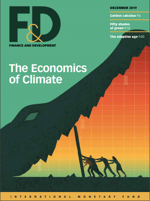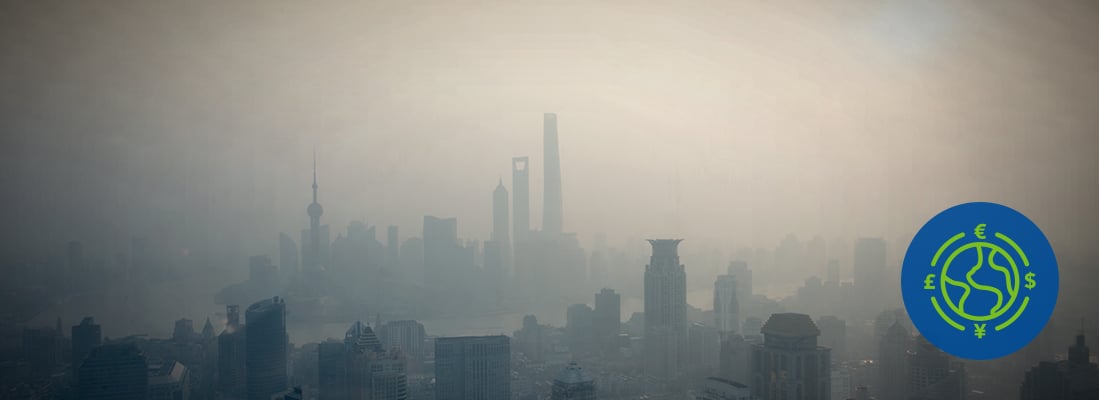Climate and the Economy
Climate change has potential to do significant economic harm, and poses worrying tail risks. It is a global externality—one country’s emissions affect all countries by adding to the stock of heat-warming gases in the earth’s atmosphere from which warming arises.
The process of climate change is set to have a significant economic impact on many countries, with a large number of lower income countries being particularly at risk. Macroeconomic policies in these countries will need to be calibrated to accommodate more frequent weather shocks, including by building policy space to respond to shocks. Infrastructure will need to be upgraded to enhance economic resilience.
Elsewhere, climate change can entail significant risks to macrofinancial stability. Nonfinancial corporate sectors face risks from climate damages and stranded assets—such as coal reserves that become uneconomic with carbon pricing—and the disruption could affect corporate balance sheet quality.
Publications
Finance & Development Magazine:
The Economics of Climate
December 2019
 This issue of Finance & Development looks at the economic and financial impact of climate policy choices. It points to concrete solutions that offer growth opportunities, driven by technological innovation, sustainable investment, and a dynamic private sector.
This issue of Finance & Development looks at the economic and financial impact of climate policy choices. It points to concrete solutions that offer growth opportunities, driven by technological innovation, sustainable investment, and a dynamic private sector.
Blogs

Equity Investors Must Pay More Attention to Climate Change Physical Risk
MAY 29, 2020
The damage from the 2011 floods in Thailand amounted to around 10 percent of Thailand’s GDP, not even considering all the indirect costs through a loss in economic activity in the country and abroad. By some estimates, the total costs of the 2018 wildfires in California were up to $350 billion, or 1.7 percent of U.S. GDP. Every year, climatic disasters cause human suffering as well as large economic and ecological damage. Over the past decade, direct damages of such disasters are estimated to add up to around US$ 1.3 trillion (or around 0.2% of world GDP on average, per year).

Fiscal Policies for the Recovery from COVID-19
May 06, 2020
Fiscal policies have provided large emergency lifelines to people and firms during the COVID-19 pandemic. They are also invaluable to increase a country’s readiness to respond to a crisis and to help with the recovery and beyond.

Top 6 Blogs on Climate Change
DECEMBER 11, 2019
Actions speak louder than words. The longer we wait to act on climate change, the greater the loss of life and damage to the world economy. Faced with the ongoing existential threat posed by changes to our climate, the United Nations conference known as COP25 is happening in Madrid, Spain. Policymakers with ambition and vision can choose what to do and how to do it, right now, globally and at home.



